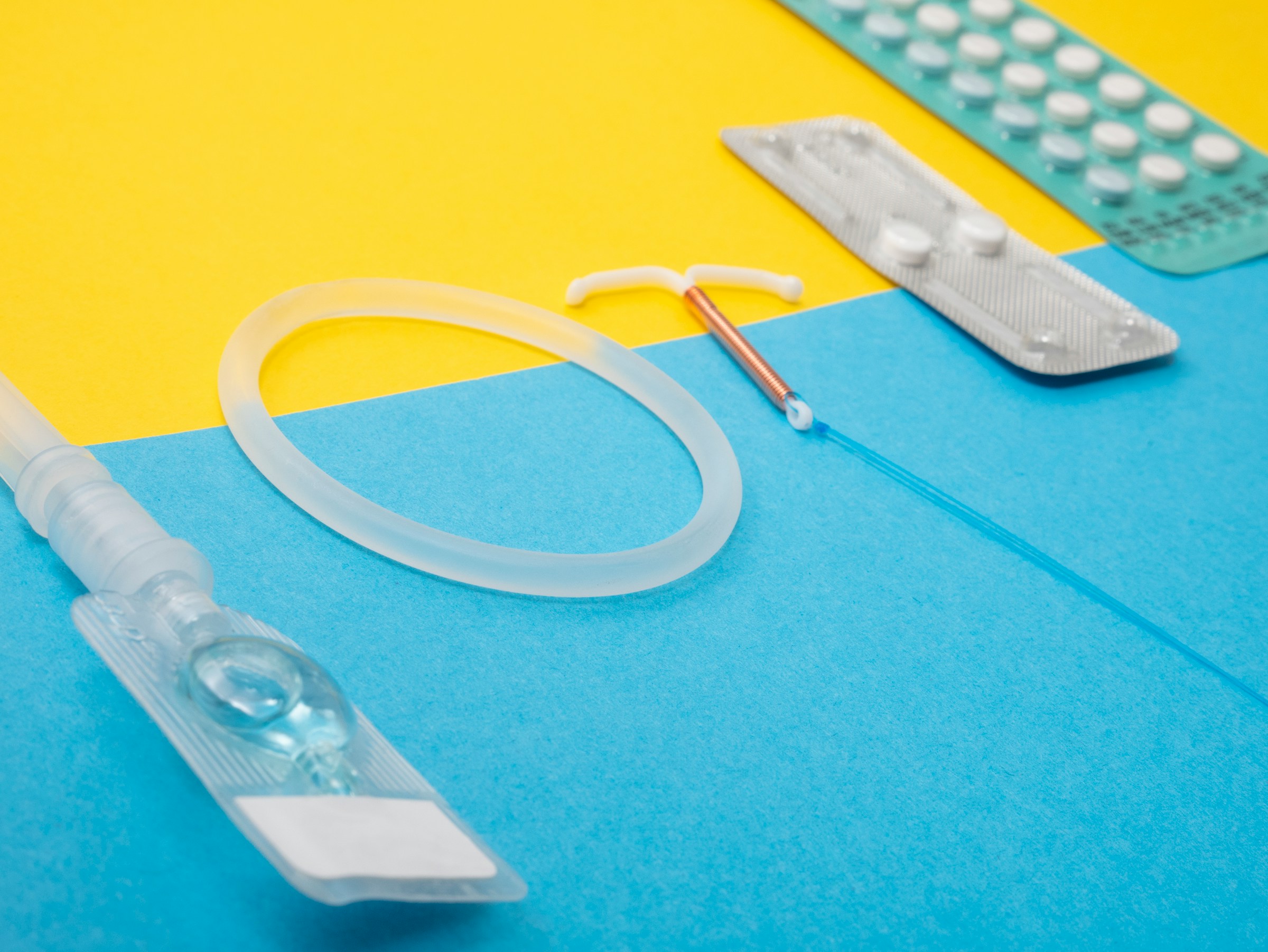Acid reflux, heartburn, and GERD are names for the same issue. Simply put your stomach acid is “splashing” into your esophagus. The typical solution for this is to neutralize your highly acidic stomach acid so it doesn’t burn your throat. However, this is an oversimplification of what is really going on and typically makes the problem worse. Long-term neutralization of stomach acid will also cause other symptoms such as neurological symptoms, dysbiosis (gut infection), and low energy. Often the issue is not too much acidity but too little.
Normal Stomach Function
Acid reflux, heartburn, and GERD are due to some dysfunction of the stomach. The stomach is made to sterilize and break down your food before going into your intestines. There is a churning action your stomach does to mix your food with the enzymes and acid present there. A normal stomach pH is 1.5 to 2, this is similar to the acidity of scavengers and carnivorous animals. This is not to suggest that we should be carnivores but without this level of acidity, our protein digestion is extremely impaired. This strong acid sterilizes food, activates enzymes to break down protein and absorb vitamin B12, and signals the release of bile salts from the gallbladder to help absorb fats.
Lower stomach acid will cause food to take more time to break down and create more stress on the stomach and lower esophageal sphincter, causing reflux. Low stomach acid will impair your B12, protein, and fat absorption along with fat-soluble vitamins A, D, E, and K. Hopefully you’re starting to see why you don’t want to neutralize your stomach acid when you don’t have to. One case where you may want to do this temporarily would be if you have a gastric ulcer. This would allow faster healing of the ulcer but should be a short-term solution.
Acid Reflux, Heartburn, and GERD Causes
Acid reflux, heartburn, and GERD can have several causes that can also play into each other. Sometimes you have to play “chicken or egg” to determine what caused what.
- Stress will decrease your stomach acid production so you may need to decrease stress to begin making acid again.
- Diaphragm dysfunction can create abnormal stress on your esophagus and allow your lower esophageal sphincter to open. This could also allow a hiatal hernia.
- Hiatal hernia can be due to or the cause of low stomach acid or diaphragm dysfunctions. This is typically secondary to some imbalance in the fascial system allowing the stomach to slide through the esophageal hiatus in the diaphragm. Often this is present in people with reflux and stomach dysfunctions.
- Low stomach acid as previously discussed will slow down digestion and add stress to the stomach, making it contract more forcefully and pushing food into the lower esophageal sphincter more until reflux occurs. This could also contribute to joint pain due to its relationship with calcium.
- Allergies to certain foods such as nightshades (most common for EOE), dairy, gluten, or, eggs, to name a few common allergies. This is where the diagnosis of eosinophilic esophagitis (EOE) comes into play. Basically, you get reflux in response to an allergen.
Acid Reflux, Heartburn, and GERD Long-Term Effects
The effects of not treating acid reflux, aside from being uncomfortable and feeling your throat burn every time you eat something, range from nutritional deficiencies all the way to esophageal cancers. The constant damage to your esophagus may cause your body to create rings in your throat called esophageal webs that will make it harder for you to swallow food. If this continues you will likely develop what is known as Barrett’s esophagus where the normal tissue of your throat is replaced with cells similar to your intestines to try to handle the acidity it is being exposed to. This may then progress to esophageal adenocarcinoma (cancer). Less scary, but just as important symptoms you may experience would be numbness or loss of sensation typically starting in the hands and feet due to a B12 deficiency. Decreased energy from less food intake since it hurts to eat, as well as decreased protein absorption. Dysbiosis or an imbalance in your healthy gut microbiome can occur because your food is likely not being sterilized. This leads to irritable bowel symptoms. I could talk about the downstream effects of this for a while, but I think you get the point.
Acid Reflux, Heartburn, and GERD: How to Correct the Cause
As you can probably tell this will not be a “one size fits all” approach, the body is too complex for that, and treatment needs to be individualized. First you need to identify the cause. If you live a high-stress life and have no outlet or relaxation time, try addressing that. If you find it difficult to breathe but aren’t particularly stressed out, focus on good, slow diaphragmatic breaths just through your nose. You may find one position easier to breathe than another, try laying on your back with your knees bent or maybe on your belly. Try 1 tablespoon of apple cider vinegar (ACV) watered down with a tablespoon of water and see if that helps your symptoms. If this helps, low stomach acid is at least part of the problem. If this creates more heartburn symptoms, then you may be one of the few with too much stomach acid. Work with a health professional to get to the root of the problem because no one has a proton pump inhibitor (PPI) deficiency. Many times, there are a few factors that need to be addressed, such as an old injury creating improper pull through your fascia, emotional stressors, and some nutritional deficiencies, but one usually takes precedence over the others. Fix one thing at a time or work with a healthcare professional to help you prioritize what you should do first.
Acid Reflux, Heartburn, and GERD: Natural Symptom Relief
While you are working to find and correct the cause of the problem you may still need some natural relief. If ACV helps relieve your symptoms, then take 1 tbsp with 1 tbsp of water before meals, it may allow you to absorb enough food to slowly correct the problem. If you need a natural antacid, try ½ to 1 teaspoon of baking soda in a cup of water.
Acid Reflux, Heartburn, and GERD: Conclusion
Acid reflux, heartburn, and GERD are something that can typically be corrected naturally and without a lifetime of medication. Even if you have been on medications for this long term, often when the cause is corrected you will be able to work with your prescribing doctor to wean off your medication. Don’t let this problem continue, you should be able to enjoy your food.














Leave a Reply
You must be logged in to post a comment.